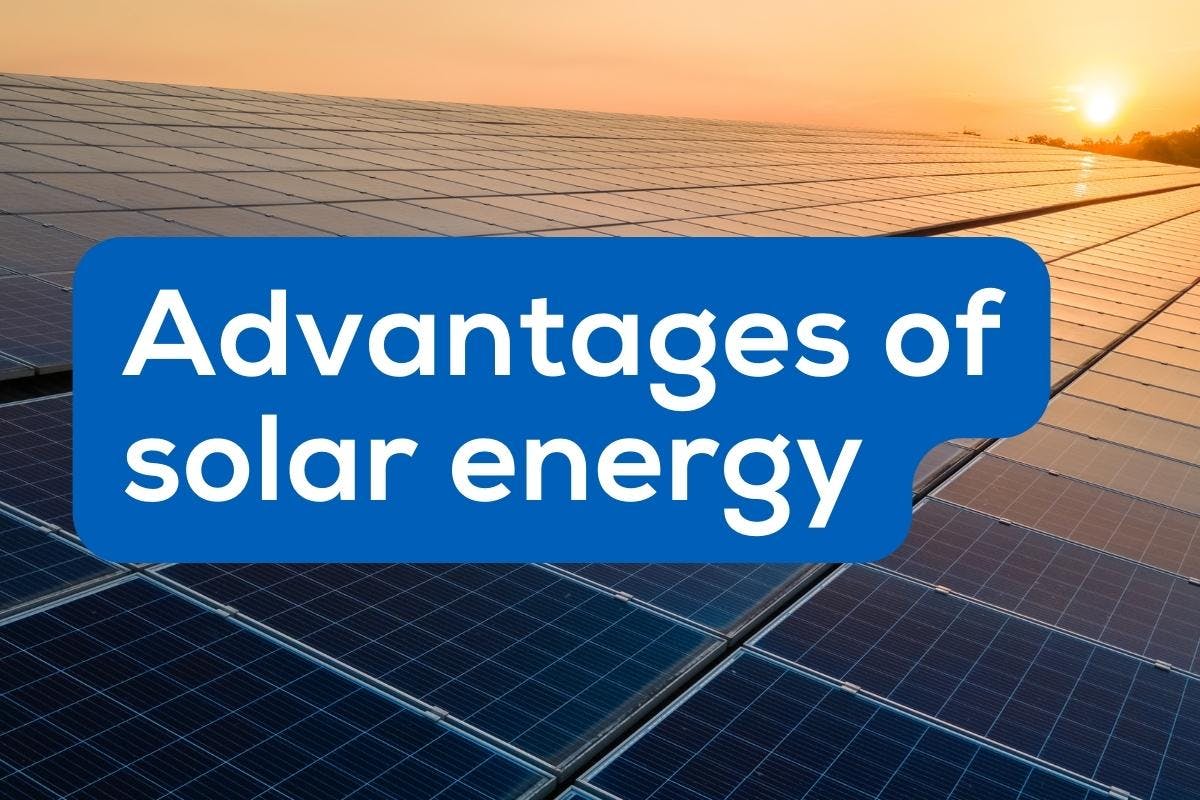Solar Power 101: A Novice's Guide to Sustainable Power Solutions
As the globe significantly moves towards sustainable power services, understanding the principles of solar power becomes essential for both individuals and organizations. By discovering the advantages of solar innovation, along with the financial rewards and installment procedures, one can gain a clearer viewpoint on how to efficiently incorporate this eco-friendly resource right into their power technique.
Understanding Solar Power
At its core, recognizing solar power includes grasping the essential concepts of just how sunlight can be transformed right into functional electricity. Solar power is obtained from the sunlight's radiation, which can be harnessed via various technologies. The main system for this conversion is the photovoltaic or pv result. This sensation happens when sunshine strikes semiconductor materials, normally silicon-based, within solar batteries. The power from the sunlight thrills electrons in the semiconductor, enabling them to flow freely and generate straight existing (DC) electricity.

Recognizing solar power additionally involves identifying its environmental advantages. By using sunlight, we can reduce greenhouse gas discharges and reduce air pollution, contributing to an extra sustainable future. The improvements in technology and efficiency of solar systems proceed to enhance their feasibility, making solar power an increasingly attractive choice for worldwide energy needs.
Sorts Of Solar Power Systems
Various sorts of solar energy systems are commonly employed to harness solar energy for electricity generation. The key classifications include photovoltaic or pv (PV) systems, focusing solar power (CSP) systems, and solar thermal systems.
Photovoltaic systems make use of photovoltaic panels composed of silicon cells that transform sunlight straight into electricity. These systems are functional and can be set up on rooftops, ground mounts, or incorporated into building products.
Focusing Solar Power systems, on the various other hand, employ mirrors or lenses to focus sunshine onto a little location, generating warmth that drives a steam generator to produce electrical energy - Simply Solar Illinois. CSP systems are usually released in large-scale nuclear power plant and require direct sunshine, making them less suitable for over cast areas

Each kind of solar energy system has its distinct qualities, applications, and suitability relying on geographic location, power demands, and budget plan, making it essential to review alternatives based upon certain situations. - Simply Solar Illinois

Advantages of Solar Power
Using solar energy with various systems not just provides a sustainable way to produce electrical energy yet also offers a wide range of benefits. One of the most significant advantages is the reduction in greenhouse gas emissions, contributing to a cleaner atmosphere and combating climate modification. Solar power is renewable, indicating it is infinite and available as long as the sunlight beams, unlike fossil fuels, which are limited and depleting.
In addition, solar power can result in considerable price savings in time. House owners and businesses can decrease their electrical energy costs significantly, and oftentimes, they might gain credit reports for excess power created with web metering. Furthermore, the solar market creates jobs, from making to installation, stimulating neighborhood economies.
An additional compelling benefit is energy freedom. By creating their very own electrical energy, individuals and communities can lower reliance on outside energy resources, enhancing durability against changing power costs and supply disturbances. Additionally, solar power systems require very little maintenance, making them a practical alternative for sustainable energy generation.
Installment Refine Review
The setup process for solar power systems generally includes a number of pop over to these guys vital actions that ensure effective integration right into a building. A detailed website assessment is carried out to examine the roof covering's orientation, shading, and architectural stability, which are essential to optimizing solar panel efficiency. Following the original source this assessment, the style phase begins, where a customized solar power system is set up based on the home owner's energy needs and preferences.
As soon as the layout is wrapped up, the necessary licenses and approvals are gotten from local authorities, guaranteeing conformity with laws. The real installment involves installing the photovoltaic panels on the roof or ground, linking them to an inverter, and incorporating the system with the building's electrical arrangement. This stage may likewise involve installing battery storage systems, relying on the layout.
After installment, a thorough assessment is performed to confirm the system's performance and security. The system is commissioned, and property owners are informed on its operation and upkeep. With the installment full, the solar power system can begin generating renewable energy, adding to sustainability and lowering energy expenses. This organized method makes sure that planetary systems are both effective and reputable, maximizing their long-lasting benefits.
Financial Motivations and Cost Savings
Discovering the economic incentives and cost savings linked with solar energy systems can dramatically enhance the appeal of making the switch to eco-friendly energy. One of the most significant motivations is the federal solar tax credit score, which allows property owners to subtract a percentage of their solar system installation expenses from their government tax obligations.
Along with tax credit histories, lots of states use refunds that can additionally reduce in advance costs. Some utility companies also provide performance-based motivations, fulfilling solar power manufacturing gradually. Financing options, such as solar fundings and leases, enable consumers to install systems with little to no down payment, making solar power a lot more easily accessible.

Lasting savings are an additional crucial variable. By producing their very own electricity, home owners helpful site can substantially reduce or also remove their monthly power bills. Furthermore, solar systems can boost home worths, providing a strong roi. In general, the combination of motivations and savings makes solar power an economically appealing selection for several households.
Conclusion
In conclusion, solar power stands for an essential element of lasting energy services, offering a pathway towards lowered carbon impacts and boosted ecological security. Ultimately, the transition to solar power not just cultivates eco-friendly obligation however likewise promotes financial savings and power freedom.